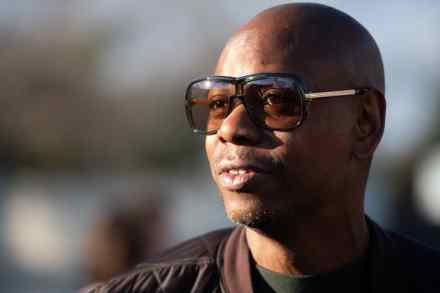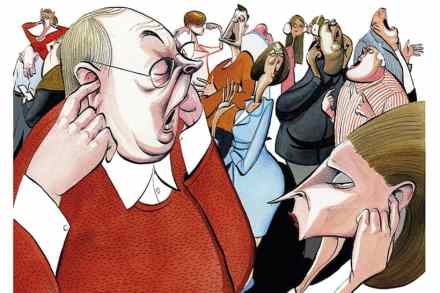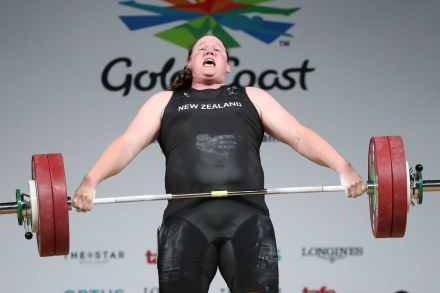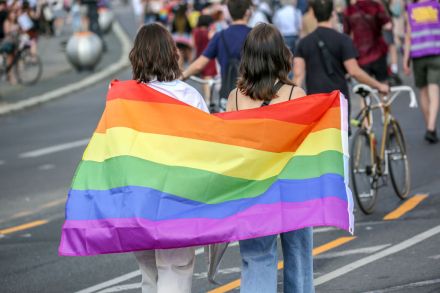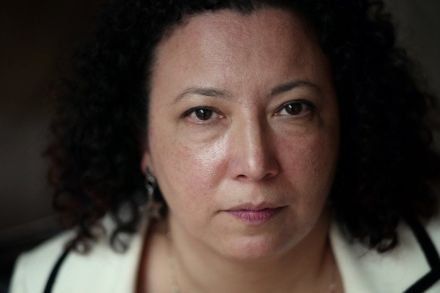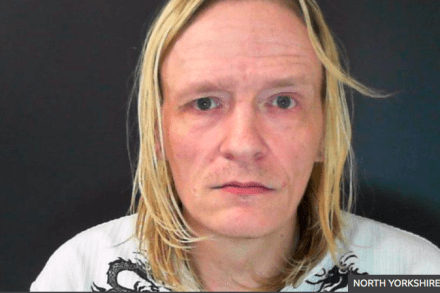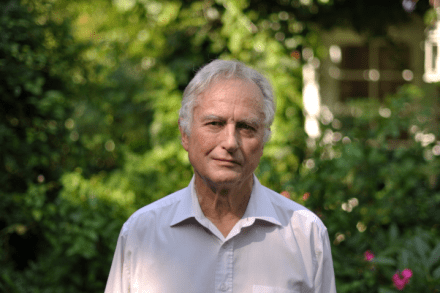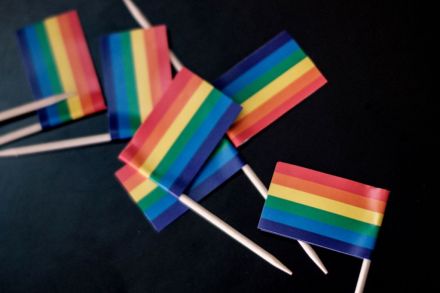Dave Chappelle isn’t ‘transphobic’
Transphobia is defined as the fear or hatred of trans people. But all too often, it is applied much more widely than that. Disagree with a trans person, and you could well be labelled as transphobic; look at us a ‘bit funny’ and we may report you for hate crime. Poke fun at us, and heaven help you. Comedian Dave Chappelle pulls no punches when it comes to the transgender community. In The Closer – his latest Netflix special – he is direct and uncompromising. But – and this is important – he plays the ball rather than the man. His target is not us but the ideology that has sprung
